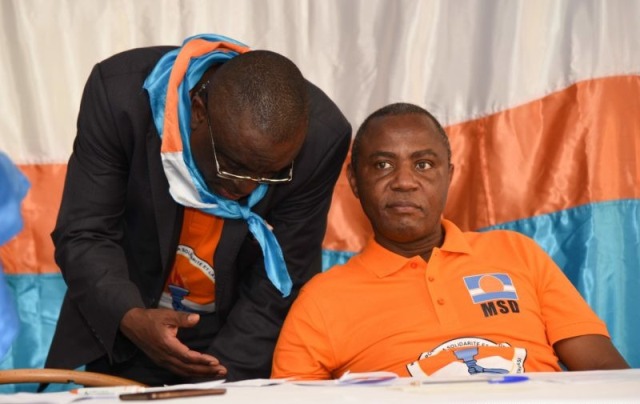Things are moving fast in Burundi. Just prior to President Nkurunziza’s announcement to step down in 2020, the three main armed movements opposed to the Bujumbura regime had merged into a single political and military command structure.
Indeed, the movements FOREBU, led by General Godefroid Niyombare, FPB led by Colonel Zacharie and a dissident branch of RED-Tabara, represented by its Chief of Staff, Major Pascal Furuguta merged to form a single armed movement of which General Godefroid Niyombare was appointed head.
Colonel Zacharie Twagirayezu became the Chief of the General Staff, according to reliable sources.
The great absentee of this merging is Alexis Sinduhije, though founder and boss of RED-Tabara.
He is accused by his colleagues of having coldly executed several fighters including 4 officers of FPB and FOREBU movements grouped in the DRC while they were captured and held hostage by his movement on his order. What a certain opinion, including several rebels, describes as war crimes.
More seriously, Alexis Sinduhije is now singled out in the carnage of Ruhagarika in the province of Cibitoke, in northern Burundi.
The entire diplomatic corps accredited in Bujumbura had mobilized to condemn this massacre that had taken away families, including children, all related to members of the Burundian security apparatus or the ruling party.
Since then, investigations are on course and if they confirm these accusations, he will be the next candidate for the ICC.
These developments occur while we are still waiting to see the strategy that the opposition will adopt to counter the ruling party in 2020.
The press releases of the European Union, Belgium or the reactions of diplomats accredited to Bujumbura converge all on the new priority: the holding of peaceful, transparent and open elections in the next two years.
The Burundian opposition had made Nkurunziza’s candidacy in 2020 their argument of battle.
And now the questions lingers what do they propose after the announcement of its withdrawal?





